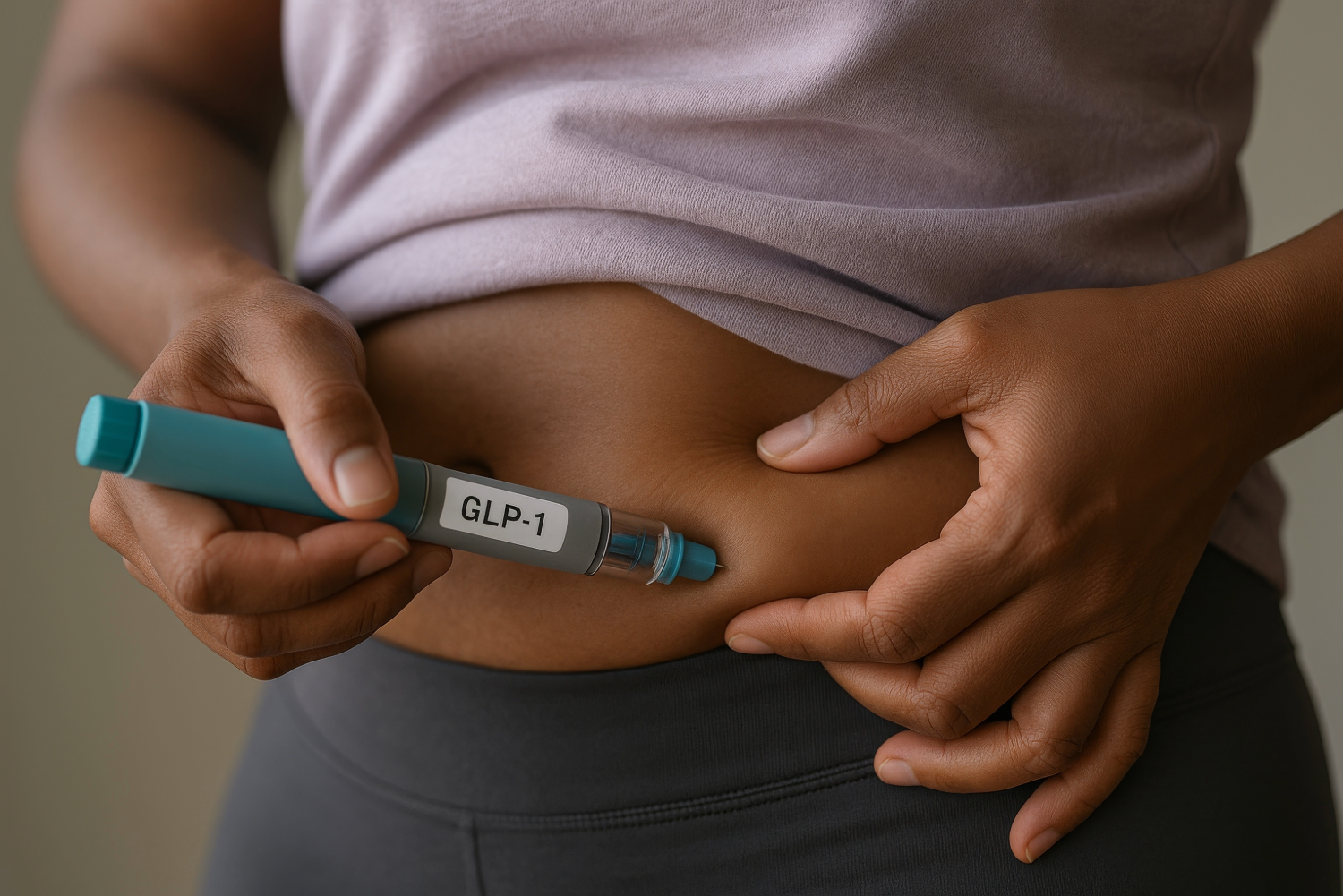News
How exercise can help combat fatigue

When hit with a bout of fatigue, it can be tempting to take a nap or give into a day of lounging. Counterintuitive as it may seem, getting up and participating in low- to moderate-intensity exercises when experiencing fatigue has been shown to help boost energy levels and reverse fatigue-related symptoms, according to multiple studies.
“Exercise is a powerful tool for improving endurance, boosting energy levels and enhancing overall vitality,” said Sarah Giovagnoli, an exercise physiologist at Shaw Cancer Center. “Exercise is often called the ‘magic pill’ for overall wellbeing and decreasing fatigue and disease processes.”
The American College of Sports Medicine (ACSM) and Centers for Disease Control and Prevention (CDC) recommend 150 minutes of moderate intensity aerobic activity, such as walking, swimming or cycling, every week, which is about 22 minutes per day, and two strength training sessions per week that work all major muscle groups.
“Regular exercise is widely known for its numerous physical and mental health benefits,” according to the American Sports and Fitness Association. “For individuals experiencing chronic fatigue or other fatigue-related conditions, engaging in regular exercise may help alleviate some symptoms and improve overall energy levels.”
Exercising regularly is not only recommended for healthy, young adults, but also, and maybe even more so, for those facing health challenges and as people age. The biggest reported side effect with cancer patients is fatigue, and exercise has also been proven to help cancer patients dealing with fatigue, as well as prevent fatigue in patients with MS. This is due to how exercise revs up the system, increasing endorphins and energy levels.
“Exercise increases blood flow, which boosts oxygen circulation throughout our bodies, including to our brain, supporting mitochondria energy production which allows our bodies to function better, decreasing overall fatigue and increasing cognitive function,” said Giovagnoli. “Exercise, for at least 30 minutes in duration, also increases hormone levels, including serotonin, which results in us feeling more energized physically and mentally.”
“As we age, or slow down exercising, the loss of muscle can have a direct effect on fatigue, since more muscle means higher metabolism and more energy,” said Giovagnoli.
The American Society of Clinical Oncology (ASCO) also published guidelines that state there is some evidence that mind-body interventions such as yoga and acupuncture can ease fatigue.
“Everyone can benefit from physical activity — no matter your age, sex, race or ethnicity, health condition, shape or size,” according to the U.S. Centers for Disease Control and Prevention.
More News
-
New!
More

The Heart of It All: How Cardiovascular Health Shapes Longevity
Most of us know a healthy heart will increase our chances for a long and vital life, but how many of us truly understand how to live for a healthy heart? According to the American Heart Association, heart disease remains the number one cause of death, for both men and women, in the United States.
-
New!
More

GLP-1s and Your Health Journey: What You Need to Know
Interest in GLP-1 agonist medications, once used almost exclusively for diabetes, is soaring. Now widely referred to as weight loss injections, drugs like semaglutide (Ozempic, Wegovy) and tirzepatide (Mounjaro, Zepbound) are ubiquitous in celebrity chatter, social media and everyday patient conversations. But as demand grows, it’s increasingly important to separate hype from reality. Who qualifies for these drugs under FDA guidelines? When are they helpful? And when might carefully supported lifestyle changes offer a safer or more sustainable path?
-
New!
More

Back on the Slopes: How to Recover Physically and Mentally After a Ski or Snowboard Injury
Living in a ski town, injury is inevitable. Recovery isn’t just about regaining strength, it’s about building trust in your body. The best path back to skiing blends physical training with mental conditioning, patience with persistence. With the expert teams at Vail Health - from Howard Head Sports Medicine to Vail Health Behavioral Health - recovery is more than healing; it’s coming back stronger, smarter and more confident than before.





